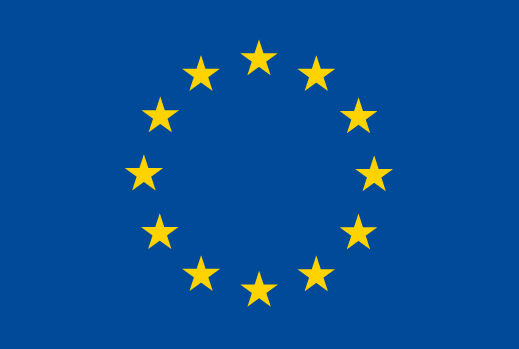At the outset of the last year before parliamentary elections and a new Commission, two key reforms are crawling forward. Whether or not they will be completed by the end of the year is not yet certain. Most MEPs will start campaigning in their home countries as of the second half of 2018 to renew their mandates, so the clock is definitely ticking. Two major issues remain on the table: modernising the broadcasting regulatory landscape and copyright review. Of these two, the former is at a more advanced stage, with the adoption of a clear mandate by the Parliament and the Council, in view of the forthcoming negotiations with the Commission to reach agreement on a compromise text.
The broadcasting regulation seeks to extend the country of origin principle (underpinning "traditional" broadcasting) to the digital environment, thus boosting cross-border access to broadcast content in a 28 country-strong market. This principle requires licensing broadcast content for pan-European use only in the country of principal establishment of the broadcaster. The regulation also aims at extending mandatory collective management to simultaneous retransmission other than by cable.
The debate at the Parliament was forceful, as the regulation could have established a de facto one-stop-shop licensing mechanism for all digital broadcast content, with a detrimental effect on territorial licensing strategies and complex funding mechanisms that are vital for the European audiovisual industry.
In the end, the Parliament chose to extend the country of origin principle only to the digital broadcasting of news and current affairs. The Council approved a slightly larger extension of this principle, also encompassing broadcasters’ own productions and, under certain conditions, commissioned works. This file will now move to "trillogue", a rather opaque and informal step in EU decision-making where the Commission, the Council and the Parliament seek to reach an agreement within the limit of their respective mandates. The Commission has openly disapproved of the narrow approach taken by the other two EU bodies and is now expected to use all its influence to further reduce the scope of territorial licensing in digital broadcasting.
The copyright brief is severely lagging behind. The Parliament’s Legal Affairs Committee has only recently discussed the provisions in the draft directive dealing with the fair contractual remuneration of authors and performers and the two most contentious issues, namely a new neighbouring right for press publishers and a special regime for user-uploaded content platforms, have not been thoroughly addressed yet. The Committee is expected to vote its report end of March but the deadline is likely to be further postponed.
Among other things, the draft directive seeks to help authors and performers measure the income generated by the exploitation of their work against the remuneration initially agreed and claim a more equitable share when the gap is excessive. FIA has worked tirelessly to improve the original language, making those provisions more meaningful to performers and also enabling them to be represented by their trade unions whenever possible and more convenient.
Regretfully, despite many constructive improvements, the draft directive is unlikely to grant performers an unwaivable right to equitable remuneration for on-demand use, as advocated by the Fair Internet Coalition. There appears to be insufficient political resolve behind this measure at the Parliament, whilst both the Council and the Commission have ignored the issue until now. This of course is very unfortunate, as this right would grant all performers a minimum revenue line from online exploitation. As it stands now, the draft directive builds an enabling framework to address contractual situations only on a case-by-case basis.
As mentioned above, political parties will struggle to find consensus on other parts of the draft directive but, unless the final report is approved by Parliament in plenary before the summer, this copyright reform may be jeopardized by the incoming electoral process and the renewal of the EU executive body next year.





